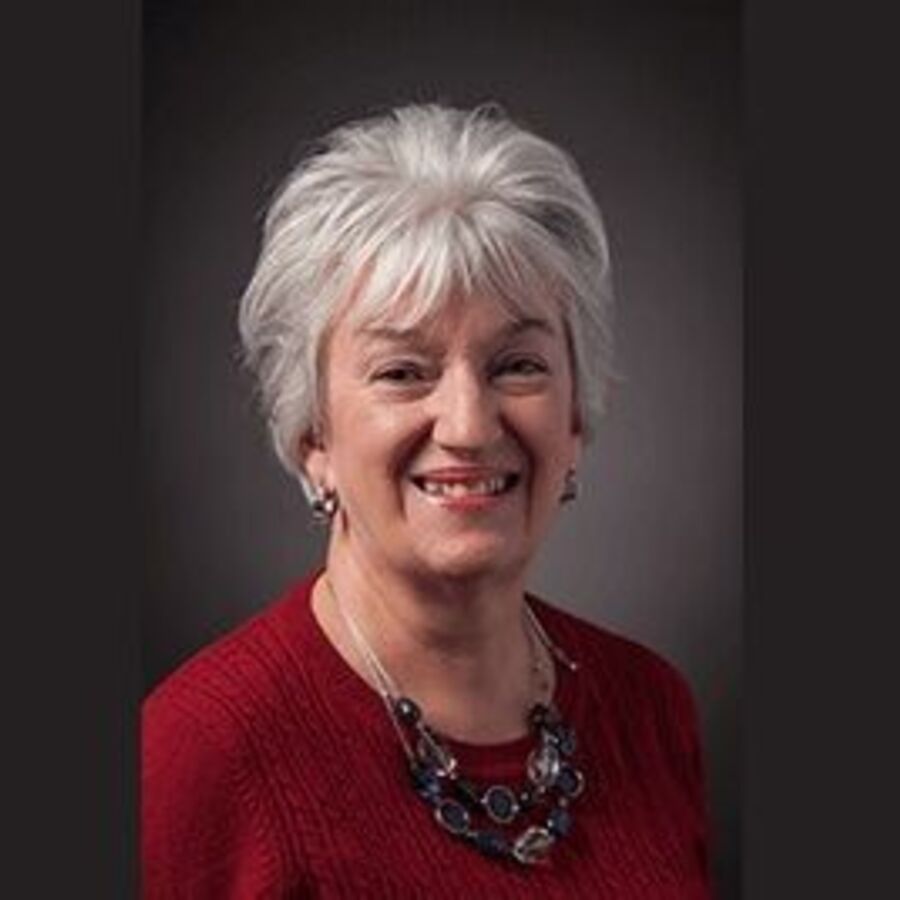Mary-Dean Barringer has served struggling learners through various roles in education since 1975. She currently is a consultant to organizations on issues related to educator licensure and other workforce issues, literacy and non-profit strategic planning. She retired from the Council of Chief State School Officers’ (CCSSO) in 2017 after managing the organization’s portfolio supporting the transformation of states education workforce systems. Notable was the launch of CCSSO’s Network for Transforming Educator Preparation (NTEP), supporting the work of a growing number of states and over two dozen national partners in their efforts to implement policy recommendations to create performance-based systems of educator preparation. Prior to joining CCSSO in December 2011, Mary-Dean held the position of Chief Executive Officer of the All Kinds of Minds Institute (North Carolina), an organization formed to translate research from neuroscience and other disciplines to help educators, parents and clinicians better understand how children vary in learning. She was a founding board member and then Vice President for Mobilization and Outreach (1990-2000) at the National Board for Professional Teaching Standards. Mary-Dean started her career as a special education teacher in Detroit for 13 years, recognized at Council for Exceptional Children’s national teacher of the year in 1985.
Why did you decide to join DFI’s board?
I love the commitment to high quality teacher prep, the nimbleness of the organization to act swiftly and their work with a variety of providers eager to ensure that their teacher candidates are well-prepared to teach all students.
Describe a teacher or student who made a lasting impact in your life.
Eric was one of my first students as a special education teacher. Back in the day, prior to the creation of the "autism spectrum", Eric was a quirky kid who needed to hear The Ugly Duckling EVERY SINGLE DAY after lunch. After reading in about 60 times, not able to find the damn book, I asked in great frustration "Pick another book Eric. Why do we have to read the same thing every day?" He looked at me for what seemed a long time, and said "Because I am an ugly duckling, but I will become a swan." I still tear up as I think about the power of a story and the lesson he taught me.
What most excites you about the work of transforming educator preparation?
I love learning from the smaller prep programs that are able to innovate rapidly as they don't often have the constrains of larger public universities. The leaders of these organizations are learners at their core and it shows up in the quality programs they can offer students.
